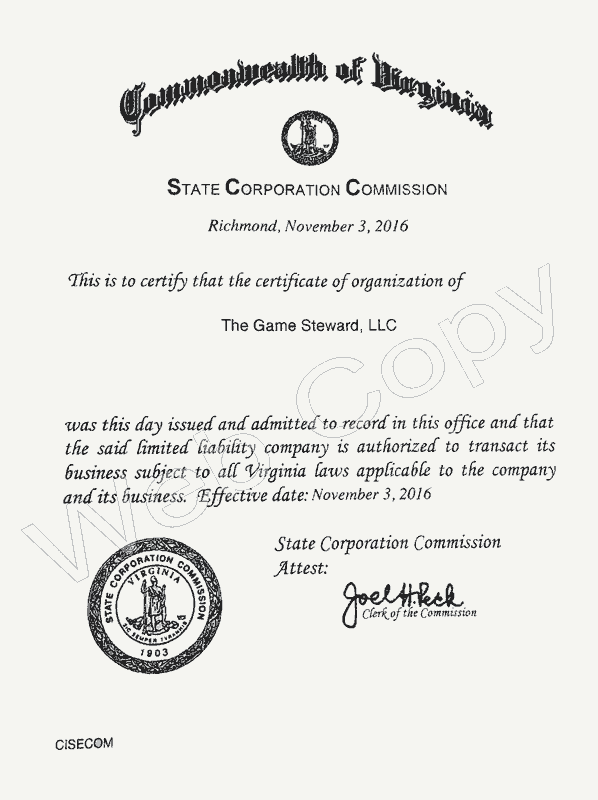
Without an owner for the standard or host organization until this fall, the R2 program has not had a sole auditor training program since its inception, resulting in a variety of auditor trainings for the different CBs. An important question is how rigorous and consistent the auditor training is for each program, with the goal of having a high level of confidence that the auditors across all the CBs consistently understand the standard they are auditing to and program requirements. Each of the programs has three certification bodies that are accredited to certify to their respective standards. Next, let’s look at the certification bodies (CBs) that are accredited by ANAB to certify to either R2 or the e-Stewards Standard. ANAB is one of the top three accreditation bodies in the world, and is the largest, most respected in the United States. Both R2 and e-Stewards certification programs utilize the ANSI-ASQ National Accreditation Board as their accreditation body.
E STEWARD CERTIFICATION VERIFICATION
Let’s start with comparing the verification systems. the certification bodies which certify that recyclers conform to a particular standard, and the accreditation bodies that oversee their work.) To get to the bottom of this question, it is important to compare the standards themselves, as well as the rigor of the verification system (i.e. The question is, what are the differences, and which one of them will best serve your needs? Having two programs requires some homework on the part of customers or officials. While federal regulations exempt much of this waste stream, the relatively new electronics recycling industry has been plagued by unscrupulous companies that profit largely by exporting scrap or untested/non-working equipment to countries that cannot legally trade in hazardous waste with the US, as defined in a United Nations treaty called the Basel Convention.Īs of this year there are not one, but two accredited certification programs for electronics recyclers in the US, both of which are recognized by the US EPA – the e-Stewards Certification program and the Responsible Recycling (R2) Certification program. Click here for more information on the PSI Networking Conference Calls.įor years, there has been little more than pilot programs, pledges and a great deal of concern about what electronics recyclers are actually doing with the e-waste they collect. Sarah has a Master’s Degree in Organizational Systems Renewal from Antioch University, and worked for years as a consultant in organizational development before joining the Basel Action Network in 2001.

Sarah co-authored BAN exposés including films and reports documenting horrific “recycling” of the world’s e-waste in China and Nigeria. Sarah’s work includes administering the Electronic Recycler’s Pledge of True Stewardship, educating the public about the global toxics and legal issues associated with exporting e-waste, as well as highlighting the worst-case scenarios.
E STEWARD CERTIFICATION HOW TO
Below is a blog post by Sarah Westervelt, the e-Waste Project Coordinator at the Basel Action Network (BAN) and the Recycling Coordinator for the Electronics TakeBack Coalition, in preparation for the PSI Networking Conference Call, “ How to Choose a Reputable Recycler: Update on the R2 and e-Stewards Certification Programs,” on Thursday, November 18th (2:00-3:30 p.m.


 0 kommentar(er)
0 kommentar(er)
